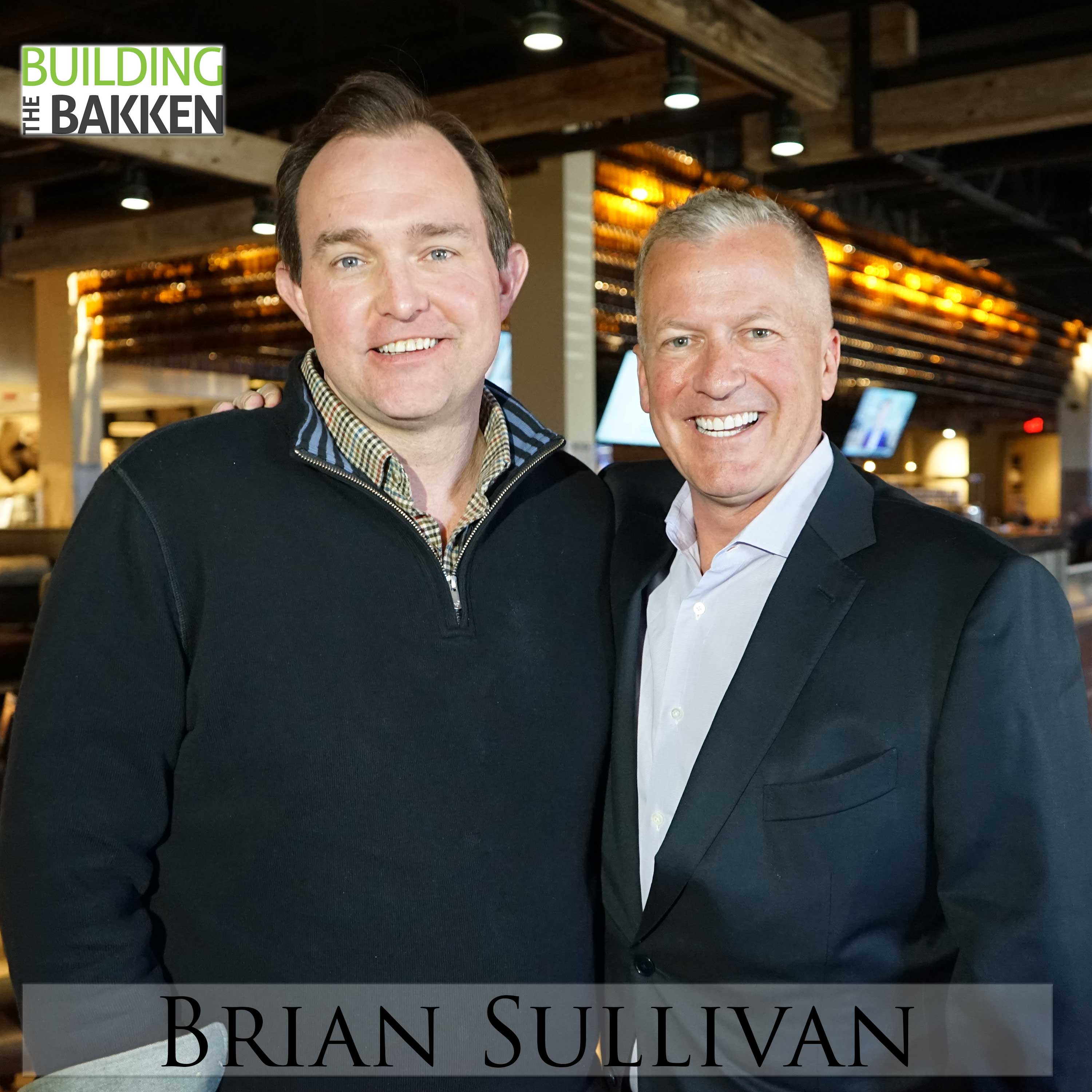
Part Three of multimedia journalist Jason Spiess’ interview with Brian Sullivan, “Power Lunch” Co-Anchor
Jason Spiess: Same question. What was it like this go around? Still $300 to $400 a night hotel rooms? What was the new normal?
Brian Sullivan: I paid $129-a-night this time and it was in the $300’s the last time I was there. Here’s the weird irony, and this isn’t me saying this, this is the restaurant owners and others who live there, which is, the last two times I was there there wasn’t enough of anything. There wasn’t enough hotel rooms, there wasn’t enough restaurants, there wasn’t enough cranes for the oil rigs, there wasn’t enough of anything. Now there is suddenly too much of everything. And there’s too many hotel rooms, there’s too many restaurants. There’s something like 33 restaurants in Williston, North Dakota now, at least that’s what this restaurant owner Marcus Jundt told us. And there are new hotels opening up. So there’s a glut of rooms, a glut of hotels. We met a guy the first time we were there, really nice guy named Andy Njos, who owns Dakota West Crane Company. Him and his cousin started with one crane. They went down to Houston and drove this crane back. It took them like a week-and-a-half to drive this thing back. When I say a crane, I mean one of these giant cranes with 20 tires and go 50 mph max.
They got up to nine cranes. In fact they also went out to Columbia, South Carolina, and drove another crane back. Drove 45 mph from Columbia, South Carolina, to Williston, North Dakota, and it took him 16 days. Sixteen days. He had to stop and get permitted and the thing was slow, gas problems. And now he is down to four. From one to nine to four in the course of three years. And he’s had to lay people off, they’re a small business and family business, so they’re sort of struggling to try and keep things going.
So we went from not enough of anything to too much of everything. Here’s the sad reality of that type of world. Jason, if everybody is half full, they’re all doomed. So what’s going to happen is we are either going to see a recovery. The rooms get filled back up and the restaurants get filled back up and the apartments get filled back up. Or there is going to be a lot of closing stuff down. Because you need to have businesses 75% full to really stay in business. I don’t care what you are.
For the network’s “Crude Reality: State of Pain” series, CNBC “Power Lunch” (M-F, 1PM-3PM ET) Co-Anchor Brian Sullivan and CNBC Special Correspondent Scott Cohn will visit states that once benefited from the country’s energy boom but are now finding themselves in a downturn due to the fall in oil prices. Over the next month, Sullivan and Cohn will travel to North Dakota, Alaska, New Mexico and Louisiana to talk with local businesses to see how they are handling the hard times and what they have planned for months and years ahead.
Brian Sullivan is co-anchor of CNBC’s “Power Lunch” (M-F, 1PM-3PM ET) and the host of “Talking Numbers.” He also writes for CNBC.com and the recently re-launched CNBC PRO.
He joined CNBC in May 2011 and is based at the network’s Global Headquarters in Englewood Cliffs, NJ. Sullivan has more than 15 years of financial broadcasting experience, having served as an anchor at Fox Business Network and prior to that as producer, reporter and anchor at Bloomberg Television.
He has twice been nominated for the prestigious Loeb Award. One for being recognized as among the first financial journalists to highlight the risks of the housing bubble in 2007, and the other for the 2013 CNBC documentary “America’s Gun: The Rise of the AR-15.” Prior to joining Bloomberg in 1997, Sullivan traded chemical commodities for Mitsubishi International.
Sullivan has a B.A. in political science from Virginia Tech and a law degree from Brooklyn Law School. In 2015, he began a three-year term on the Alumni Board of Virginia Tech.
In his free time he is an avid race car driver with two SCCA divisional championships.
Follow Brian Sullivan on Twitter @SullyCNBC.



Leave a Reply